Taking care of business—and more—in Trail
Community growth and enrichment are part of the economic development plan in Trail, B.C.
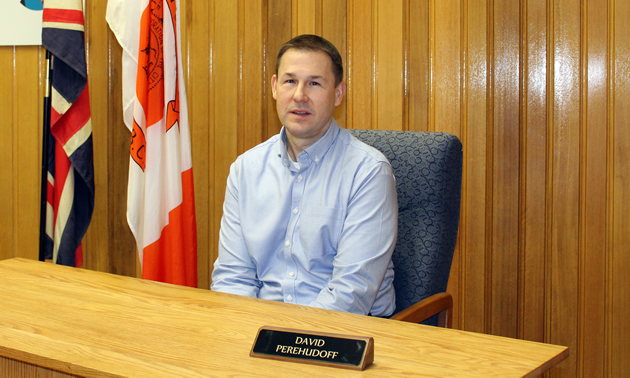
David Perehudoff is the chief administrative officer for the City of Trail, B.C. — Photo courtesy David Perehudoff
Economic development was our topic of the day when we spoke with David Perehudoff, CAO for the City of Trail. Perehudoff told us that one of the rewarding aspects of his job is seeing a concept become a plan, seeing it go through the securing of funding, through construction to completion and finally integration into the community.
Perehudoff explained that on January 1, 2018, the City of Trail withdrew from its arrangement to fund economic development services through the regional district, and entered into a three-year direct-service contract with the Lower Columbia Initiatives Corporation, which is governed by the Lower Columbia Community Development Team Society.
Perehudoff is finding that with the organization now directly accountable to the City rather than through the regional district, the new streamlined service approach and relationship appear to be working better.
Taking care of more than business
Typically, the most significant economic growth in a community results from new investment or the expansion of existing businesses. To ensure the sustainability of economic growth, community growth and enrichment requirements must be met, beginning with adequate housing and public amenities.
“One significant project that the City of Trail has been advocating for and supporting is the expansion of the Kootenay Boundary Regional Hospital,” said Perehudoff. “Improvements to the emergency department, ambulatory care and the pharmacy may result in increased employment as well as an increase in patient usage.”
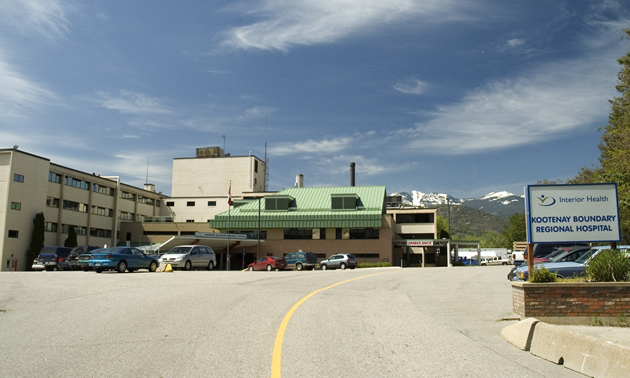
Kootenay Boundary Regional Hospital is undergoing extensive renovations—you won't recognize it from this "before" photo. — Photo courtesy Kootenay Boundary Regional Hospital
The Trail City Council also identified the construction of a second access road to the hospital as a strategic priority to support the hospital expansion. The new road, estimated to cost about $4 million, will likely become the main hospital access, and will also create opportunities for enhanced parking and improved pedestrian access. The engineering process will begin in 2019.
OCP priorities
In a strategic priority session in January, the council identified an update of the city’s official community plan (OCP) as a key priority. The OCP has been amended through the years and is due for an in-depth review. The process is fairly involved and will take about 18 months. It will include community consultations to make sure that everyone’s ideas are heard and worked into the plan where practical.
“The OCP is a living document,” said Perehudoff. “The City recognizes that new investors and developers look at the OCP and the zoning bylaws as some of their first sources of information about the community, so it’s important to have those documents up to speed and demonstrating where the City wants to go.
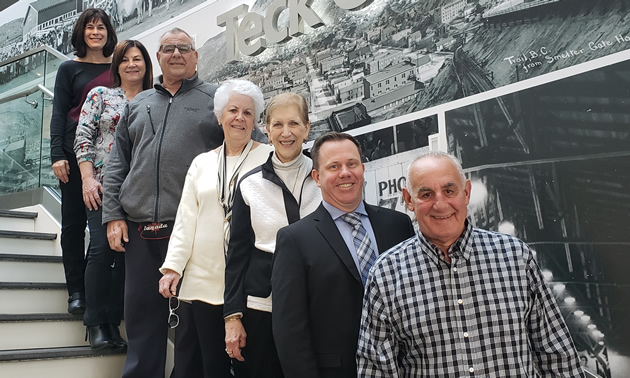
Trail's mayor, Lisa Pasin (highest on stairway), poses with the city's councillors. — Photo courtesy City of Trail
“From a good planning perspective, we need to be flexible, taking into account changing relevance and developing needs.”
And speaking of developing needs, Trail council has received and approved five applications for commercial recreational cannabis stores. Rather than setting a limit, council decided to allow the market to dictate how many outlets would be sustainable.
“The City of Toronto has legislated a limit of five stores based on information reviewed,” Perehudoff said, “and we have five in a three-block radius in an area with an immediate regional population of 22,000. I think this area is likely over-serviced, and I would be surprised if all five are able to sustain operations over the long term, but time will tell.”
Ongoing projects
The City of Trail purchased the site of the former Union Hotel and an adjacent building a couple of years ago, and now that remediation has been completed, the building will be demolished in 2019. The property is adjacent to the highway and will be fully serviced, redeveloped and likely sold to a private developer.
The site of the former Esso Station has been remediated and development is in progress. Construction on the site will begin this spring, likely on a new service station and restaurant.
A local private developer is renovating the Crown Pointe boutique hotel downtown, with a target opening date in May 2019.
As always, Metal Tech Alley is home to exciting developments in technology, but that’s material for another story entirely.
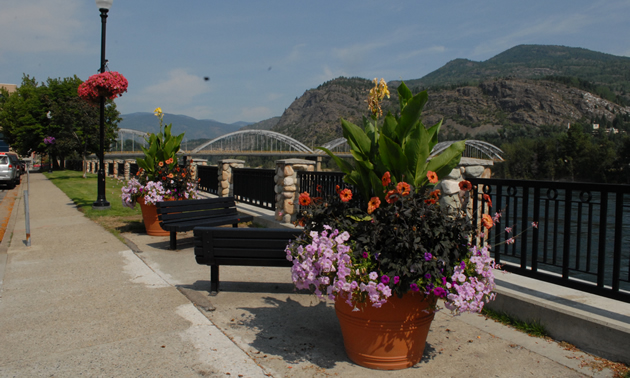
City beautification is part of the economic development strategy in Trail, B.C. — Kristen Mitchell photo


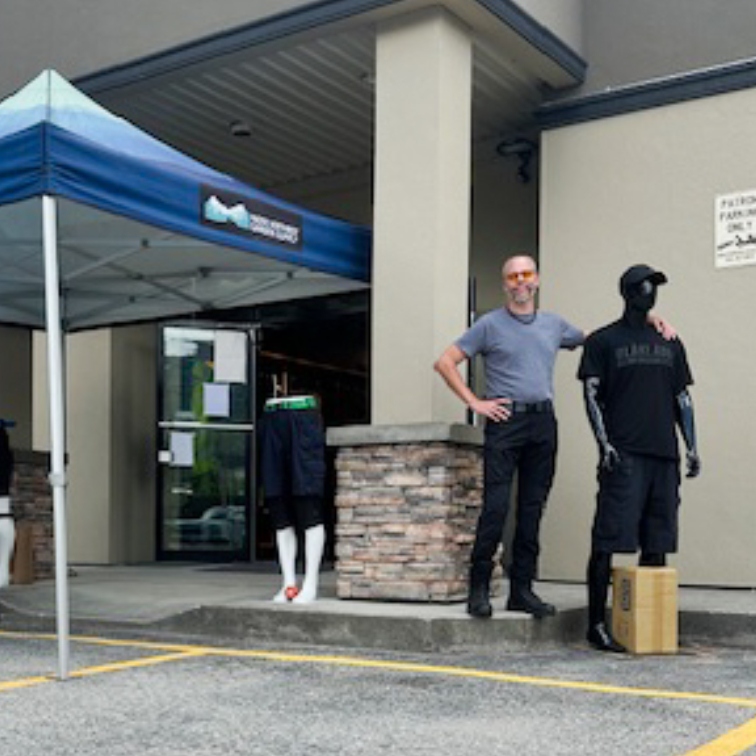



Comments